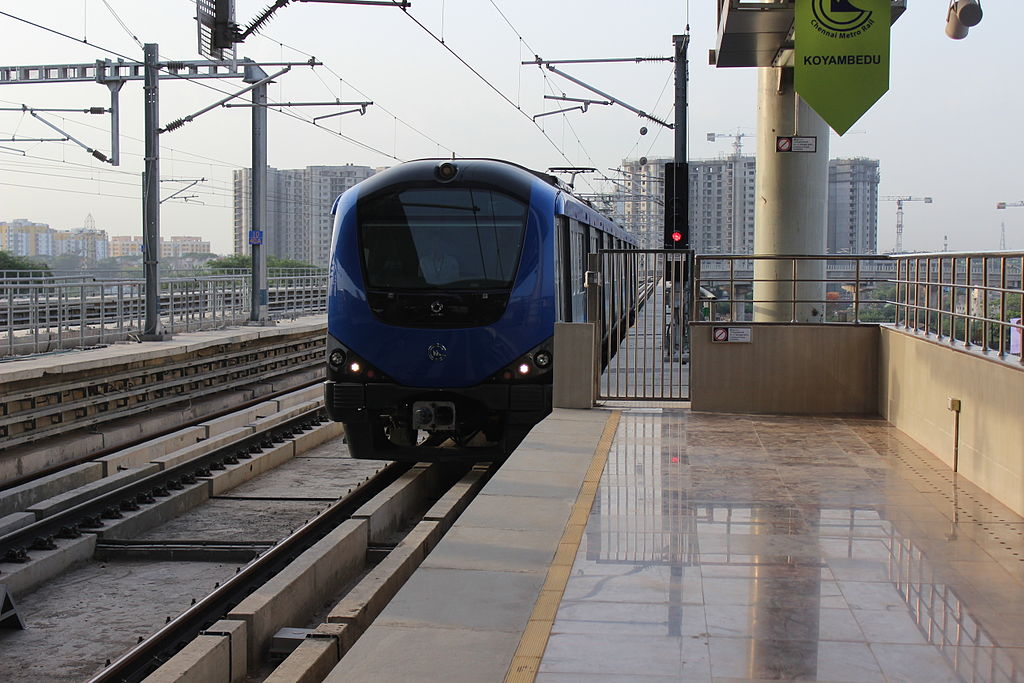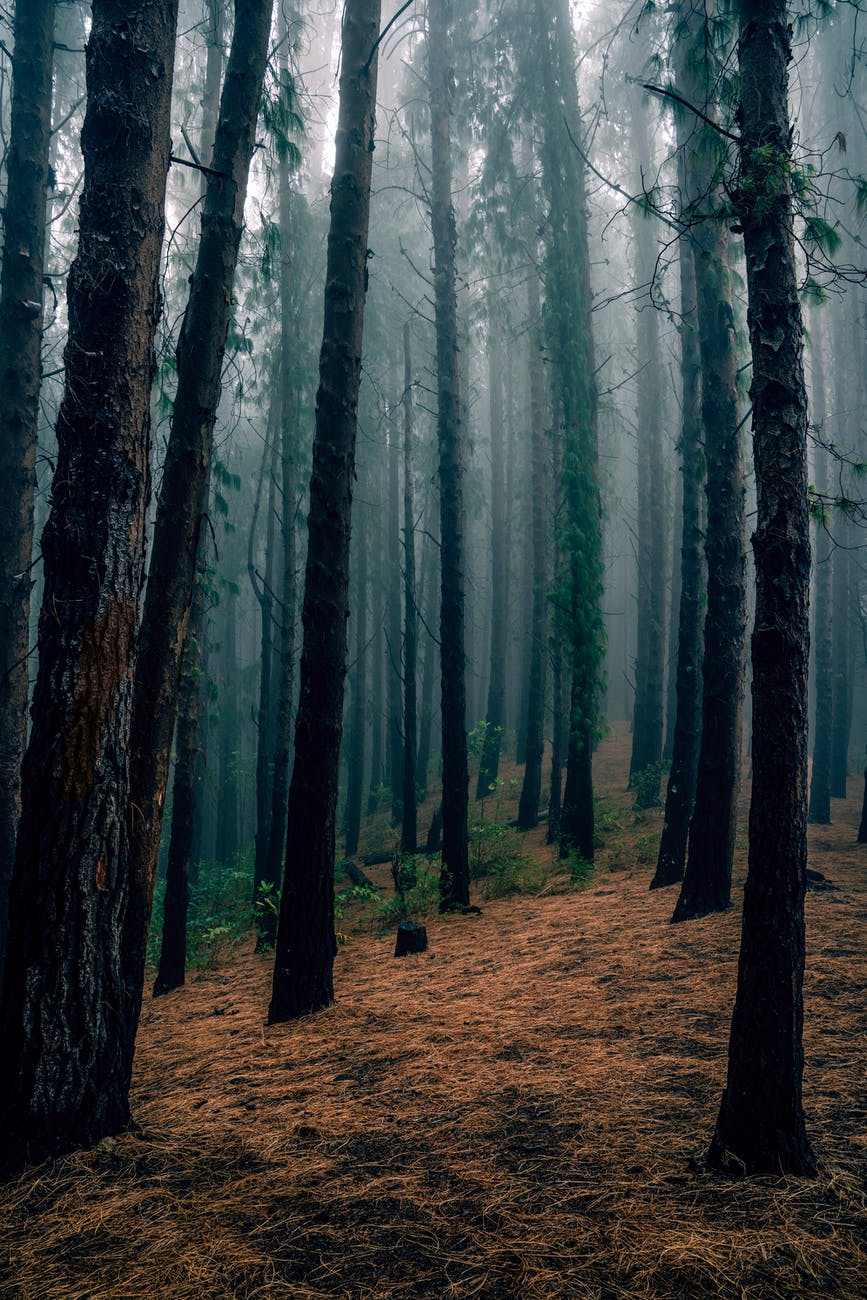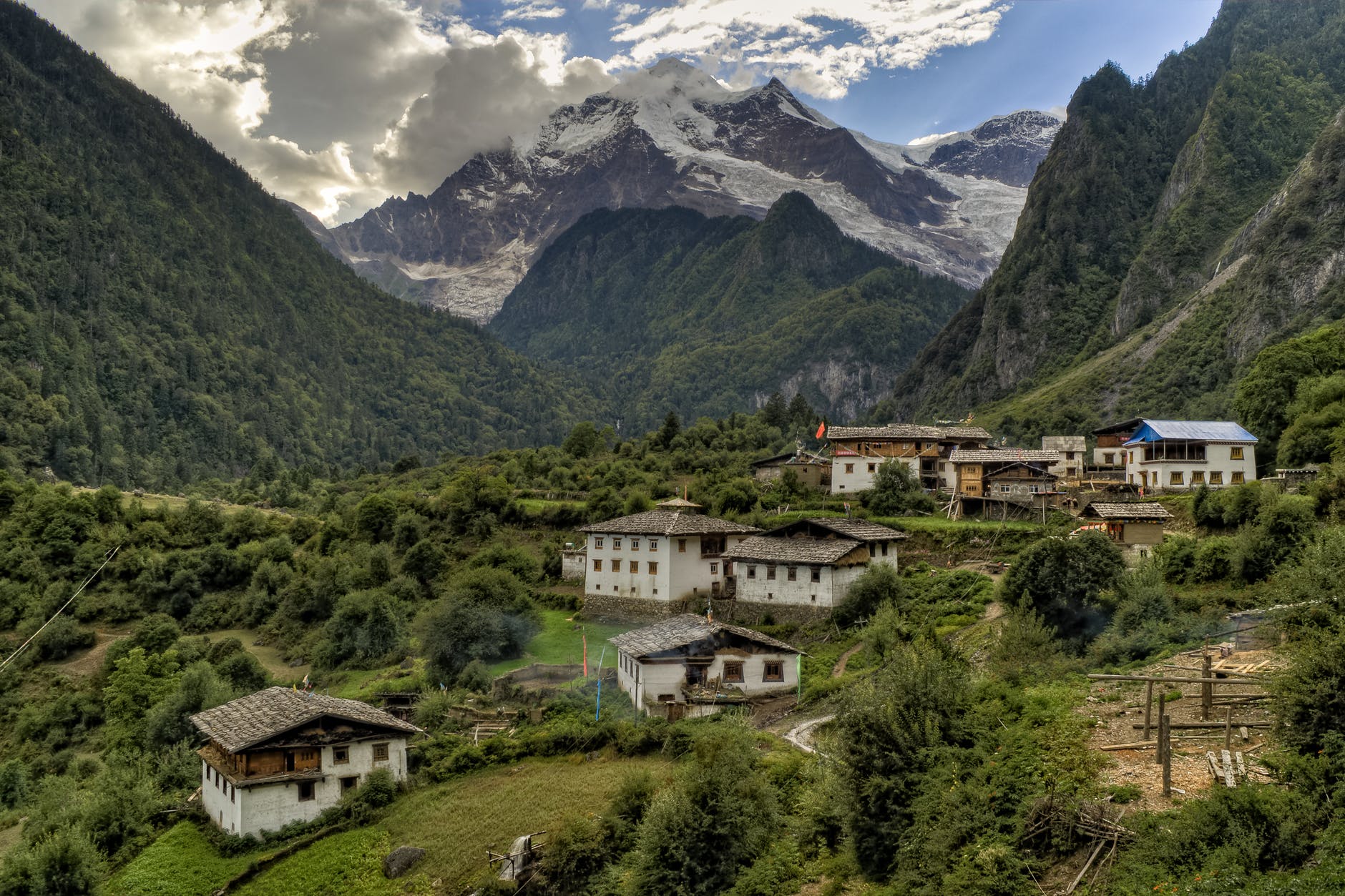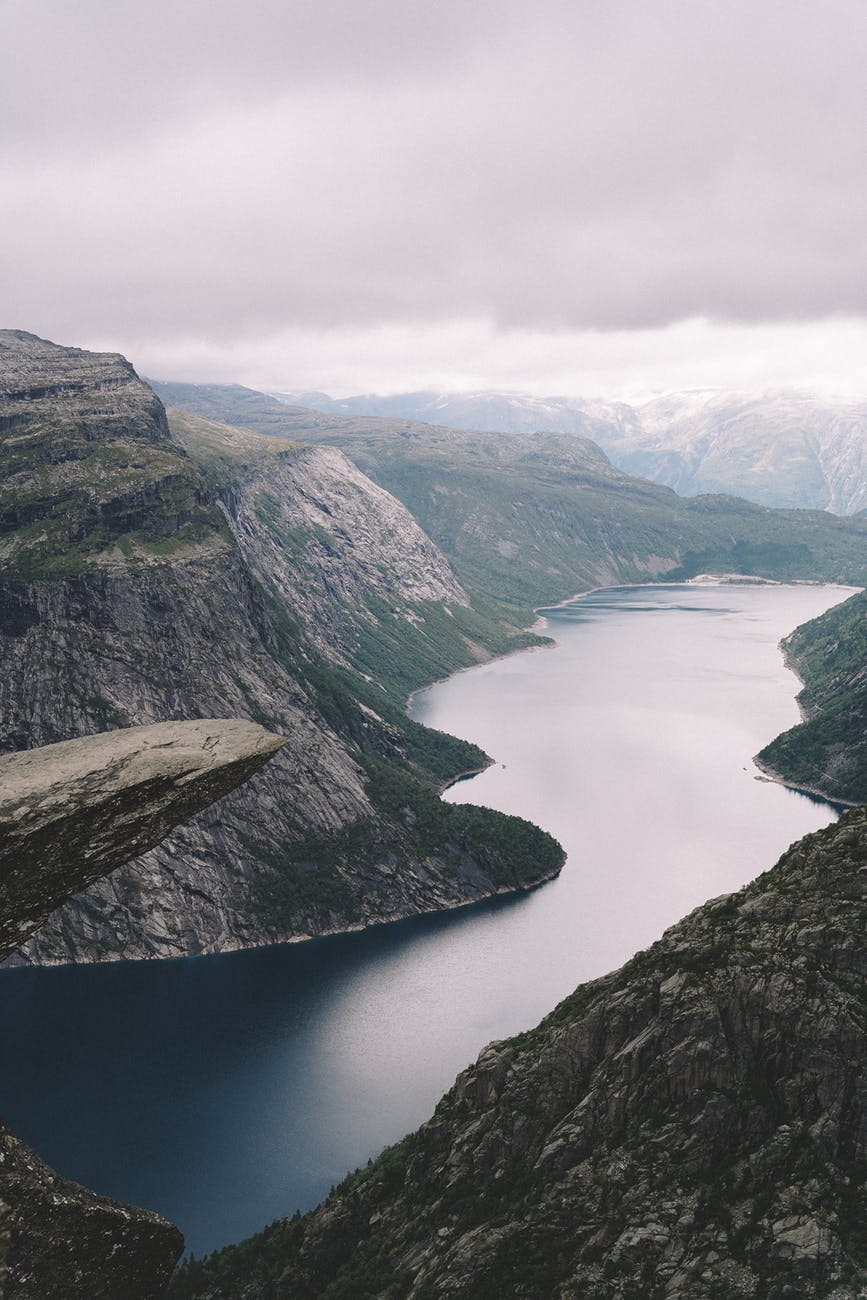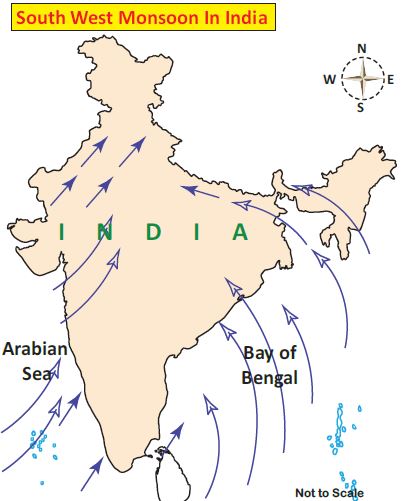Non Conventional Sources of Energy Upsc
Non-conventional sources of energy Non Conventional sources of energy are the ones which are renewable, eco-friendly, pollution-free and they are alternative to conventional energy sources such as Coal, Petroleum etc. Examples are Wind, Solar, Hydro, Tidal-Wave, Biomass Energy etc. Use of Non-conventional Sources of Energy India heavily depends on Thermal Power, which uses Fossil fuels … Read more
